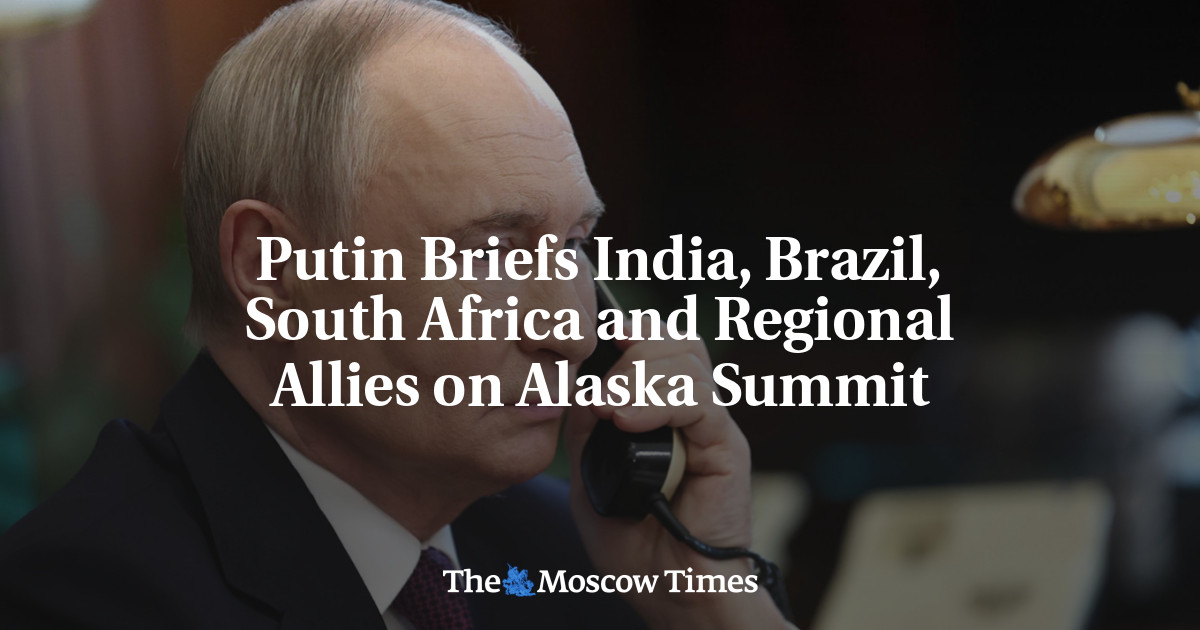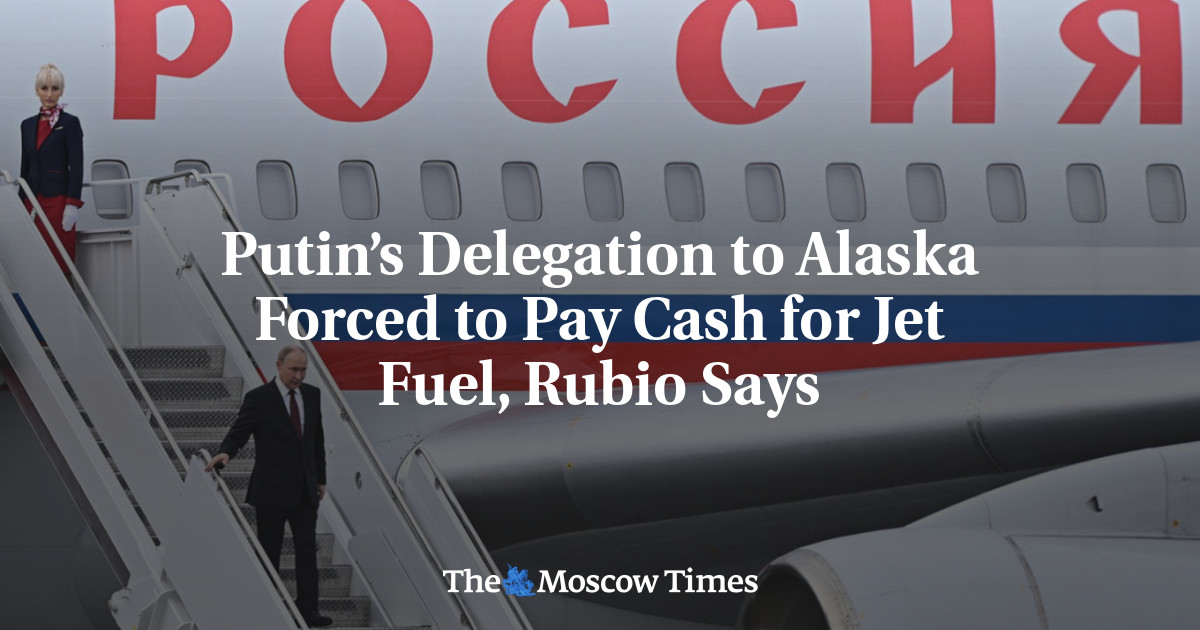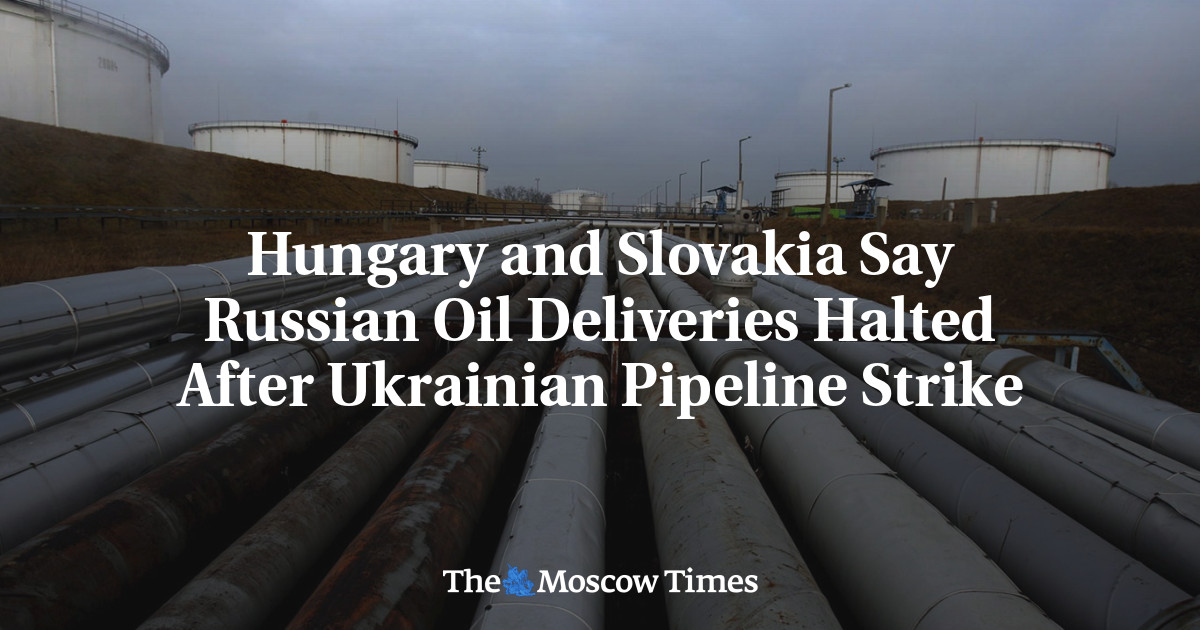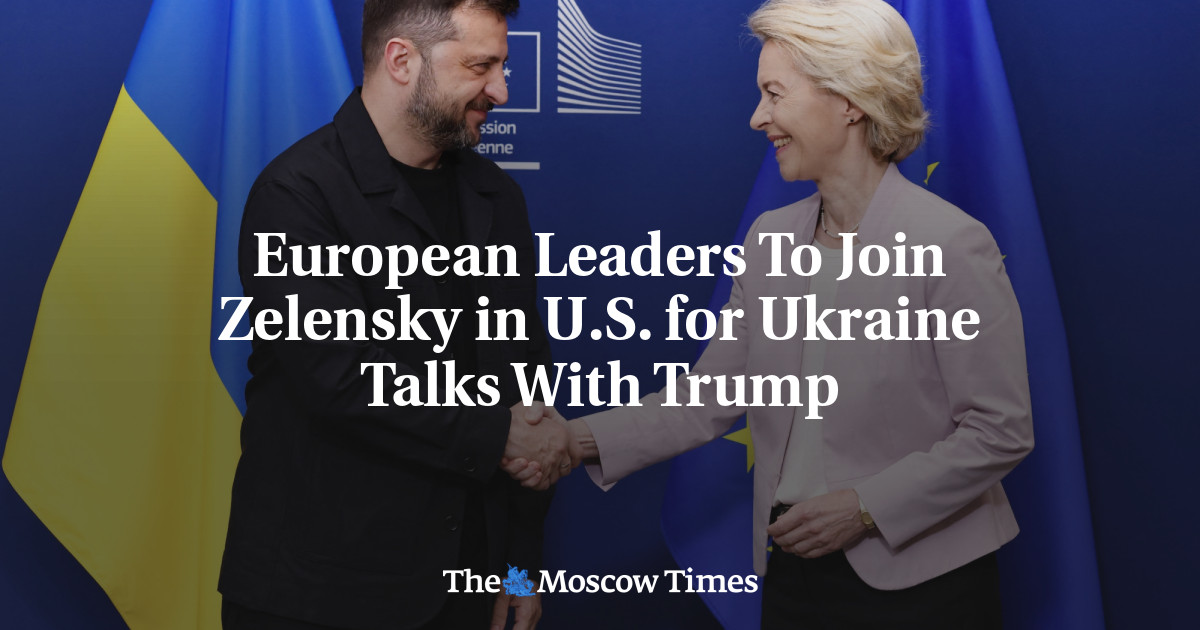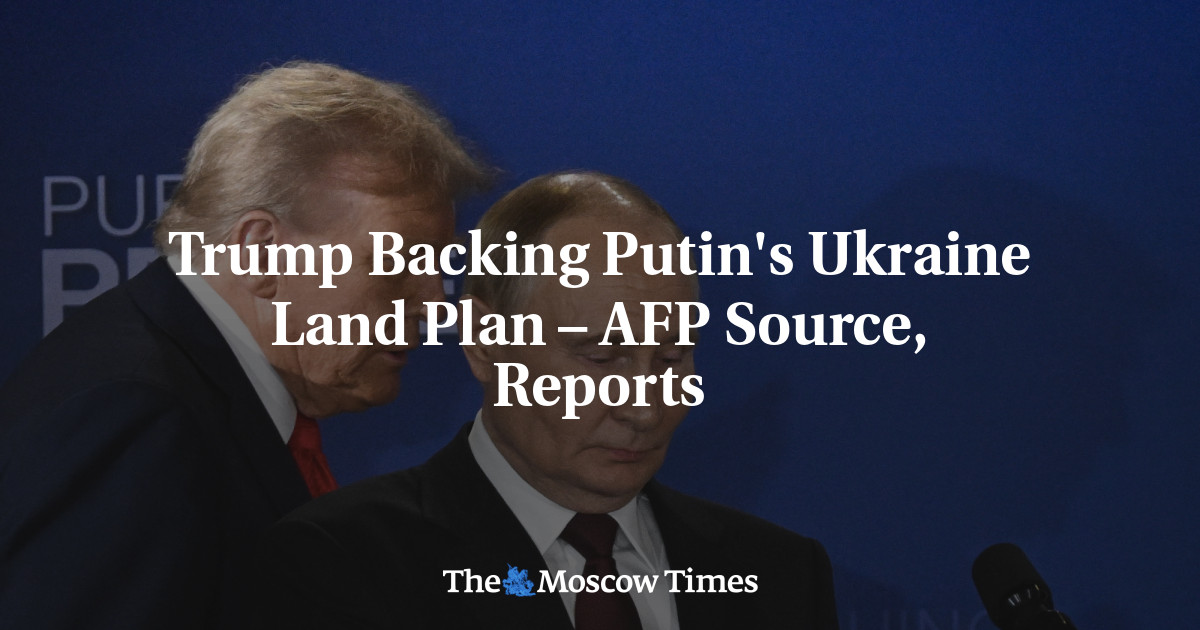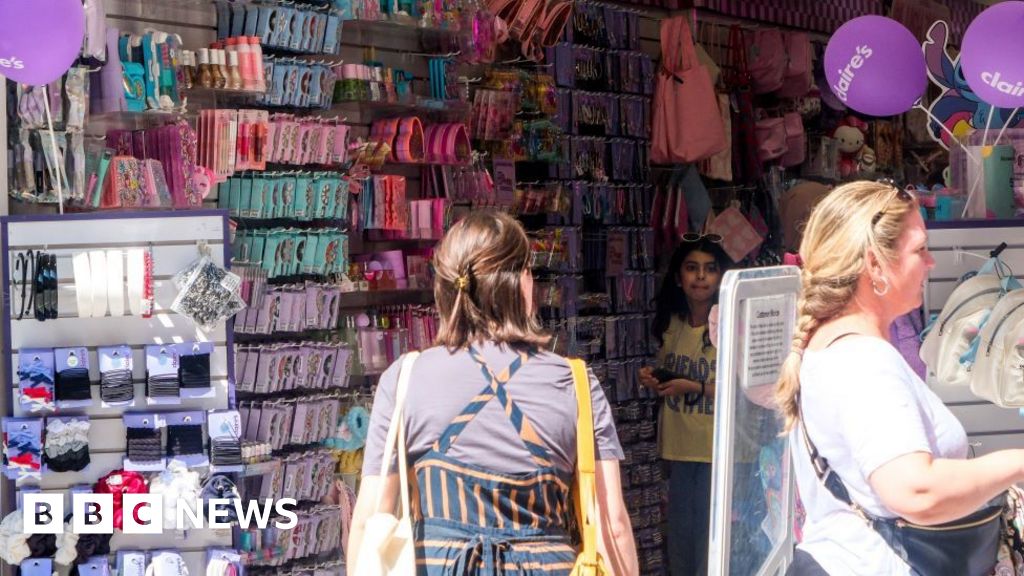Wholesale gasoline prices in Russia have soared to historic highs after a wave of Ukrainian drone strikes forced several major oil refineries offline, deepening concerns of potential fuel shortages across the country.
The benchmark price of AI-92 gasoline on the St. Petersburg International Mercantile Exchange climbed to 71,500 rubles ($890, according to spot foreign exchange market data published by Reuters) per ton on Monday, while AI-95 reached 80,430 rubles ($1,000) per ton. The prices rose by 1.3% and 2.2% in a single day, respectively.
Since the start of the year, AI-92 has jumped 38% and AI-95 nearly 49%.
The surge comes after attacks this month knocked out operations at three major refineries: Rosneft’s Novokuybyshevsk plant on Aug. 2, its Saratov plant on Aug. 11 and Lukoil’s Volgograd refinery — the largest in southern Russia and one of the country’s top 10 producers — on Aug. 14.
The shuttered facilities account for nearly 30 million tons of annual refining capacity, or about 11% of Russia’s total output in 2023, according to Reuters.
Rosneft’s largest refinery, in Ryazan, has also suspended half its capacity since Aug. 2. Additional strikes have targeted the Syzran, Slavyansk and Afipsky refineries.
The Kremlin imposed a temporary ban on gasoline exports until the end of August to contain the crisis and later extended it through September.
Analysts say that measure is unlikely to have much effect, as Russia exports relatively little gasoline. The greater risk, sources told Reuters, is a full-fledged domestic shortage.
Signs of strain are already emerging at the pump. In annexed Crimea, AI-95 has disappeared from most gas stations and remaining supplies are distributed mainly by ration cards. And it has vanished altogether in the towns of Krasnokamensk and Borzya in the Zabaikalsky region.
Stations are restricting sales to businesses and organizations in at least two other regions.
The Energy Ministry has sought to reassure the public, insisting on Aug. 13 that supplies remain stable and logistics uninterrupted. The shortfall, it said, is being offset by higher output at other refineries.
A Message from The Moscow Times:
Dear readers,
We are facing unprecedented challenges. Russia's Prosecutor General's Office has designated The Moscow Times as an "undesirable" organization, criminalizing our work and putting our staff at risk of prosecution. This follows our earlier unjust labeling as a "foreign agent."
These actions are direct attempts to silence independent journalism in Russia. The authorities claim our work "discredits the decisions of the Russian leadership." We see things differently: we strive to provide accurate, unbiased reporting on Russia.
We, the journalists of The Moscow Times, refuse to be silenced. But to continue our work, we need your help.
Your support, no matter how small, makes a world of difference. If you can, please support us monthly starting from just $2. It's quick to set up, and every contribution makes a significant impact.
By supporting The Moscow Times, you're defending open, independent journalism in the face of repression. Thank you for standing with us.
Continue
![]()
Not ready to support today?
Remind me later.
 (1).png)
 3 hours ago
1
3 hours ago
1
